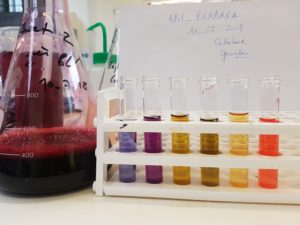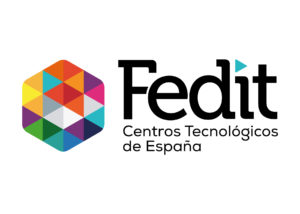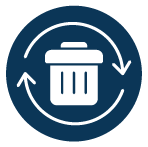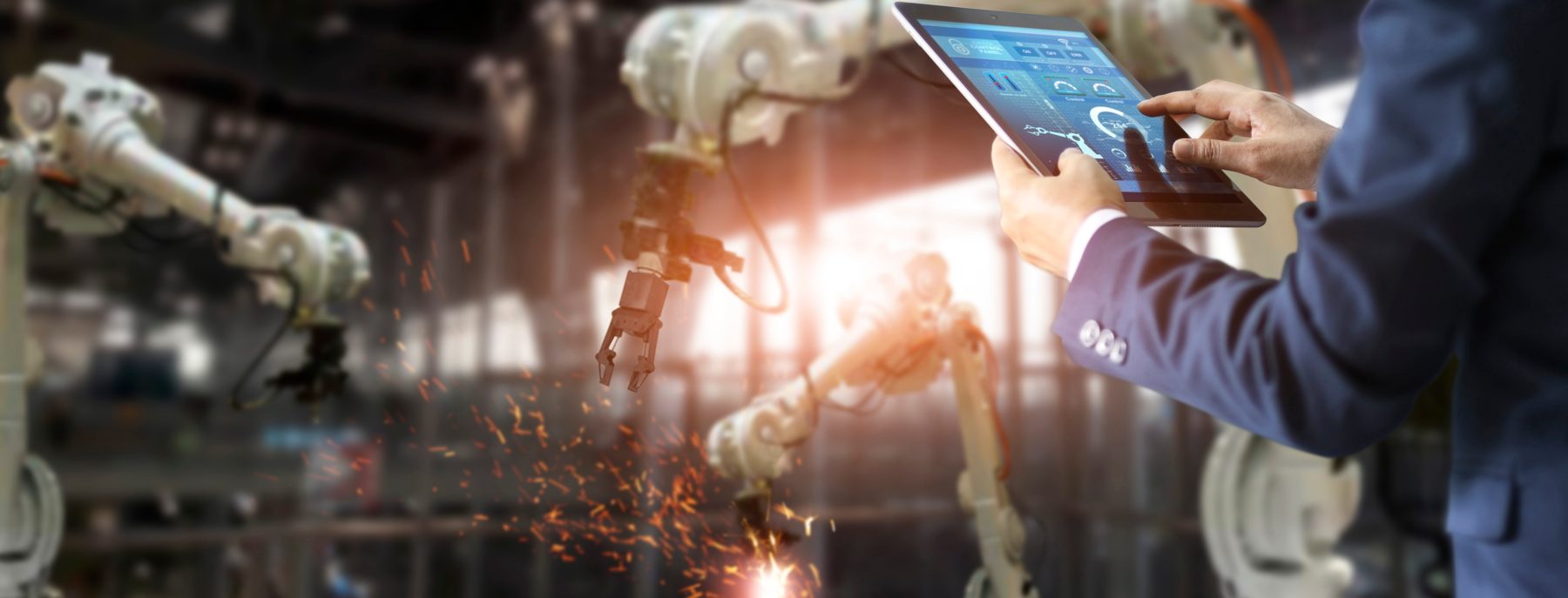FEDIT-AITIIP – 3D printed parts from organic raw materials
EARTO Innovation Awards 2021 – Impact Delivered Category
Third Prize


Additive manufacturing, or, in other words, 3D printing, has become one of the most attractive and innovative ways to upgrade the manufacturing industry, including the automotive and construction sector. Many new products have been created out of unusual compounds which could lead to a more responsible consumption and production while increasing circularity and recyclability of different materials. Current research initiatives aim at better understanding the material, process, and part properties although the reduction of material consumption while using complex components cannot be considered as an easy process. AITIIP Technology Centre, EARTO Member through Fedit, developed the cutting-edge BARBARA project which allows manufacturers to produce high-tech parts using organic residues. The high added value compounds, coming from pomegranate, lemon and corn, are thus transformed into brand new bio-based materials with innovative functionalities through 3D printing.
Lack of innovative 3D printing materials
The only existing non-invasive and medically certified method to measure blood pressure and thus to help manage hypertension is through the inflatable blood pressure cuff, either automated or using a stethoscope. However, this traditional way of measuring blood pressure has certain limitations when it comes to availability to the general population, measurement comfort and cost. Several companies have addressed this medical necessity by proposing cuff-less alternatives with wearable devices. Nevertheless, no clinical acceptance and medical-grade accuracy has been achieved so far.
New era for polymer filaments
AITIIP Technology Centre, EARTO Member through Fedit, has successfully completed the BARBARA project, which proposes a new process for the extraction and functionalisation of high added value compounds, such as essential oils, antimicrobials and dyes from agrowaste feedstock. BARBARA extracts bio-additives from pomegranate, lemon, almond shell and corn by-products which are incorporated into engineering bio-plastic matrices. These compounds are used as main additives to give the polymer filaments the required properties for each application like aesthetics, well-being or thermal and mechanical resistance for advanced manufacturing processes. At the final stage, the materials made are processed into nano-biocomposite filaments for 3D printing, while protecting the properties of the natural materials used.
AITIIP’s “golden” project
BARBARA, a project in which 12 different European partners have been involved, has created 8 new materials from agrowaste, while validating 3 consumer products in 2 new bio-based value chains: direct final part (car door trim and fascia) and hybrid manufacturing (mould for truss joints). BARBARA’s technology and innovation can be applied not only in the automotive and construction sectors but also in different other sectors, such as aeronautical, cosmetic, food and medicine. Thanks to BARBARA, AITIIP will get a return on investment of almost €3.4M for technological transfer, services, licensing. The commercial viability of the project can be achieved by either commercialising the reels for 3D printing or by selling final industrial pieces which are 3D printed with BARBARA filaments. AITIIP is expected to gain €1.5M in 5 years.
The video of the innovation is available here.
Fedit is a Spanish association of research and technology organisations whose main mission is to boost and encourage innovation, technological development and private research. AITIIP Technology Center, with its 25 years’ experience, offers to companies and researchers its infrastructures with the latest technology available and the most qualified staff to develop their products as well as to develop innovative projects connected with industrial and social needs. 

© Photos Credit: Fedit-AITIIP Technology Center
 BARBARA project saves 50% energy consumption
BARBARA project saves 50% energy consumption  Reduction of scrap material by 95%
Reduction of scrap material by 95%  Fedit-AITIIP will gain €1.5M in 5 years
Fedit-AITIIP will gain €1.5M in 5 years  BARBARA can mobilise 28 direct jobs
BARBARA can mobilise 28 direct jobs
< Previous Next >

